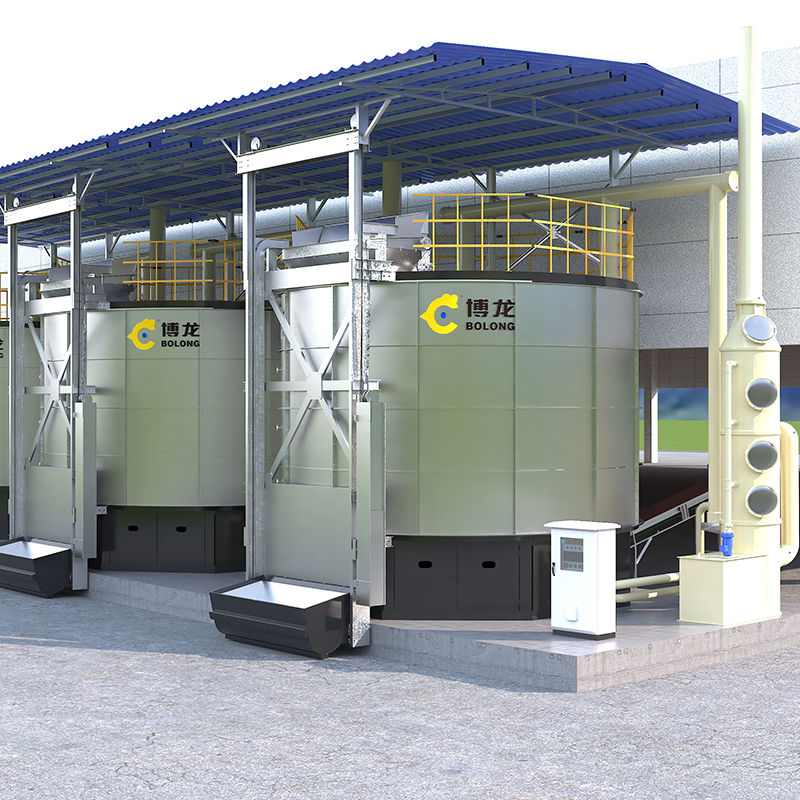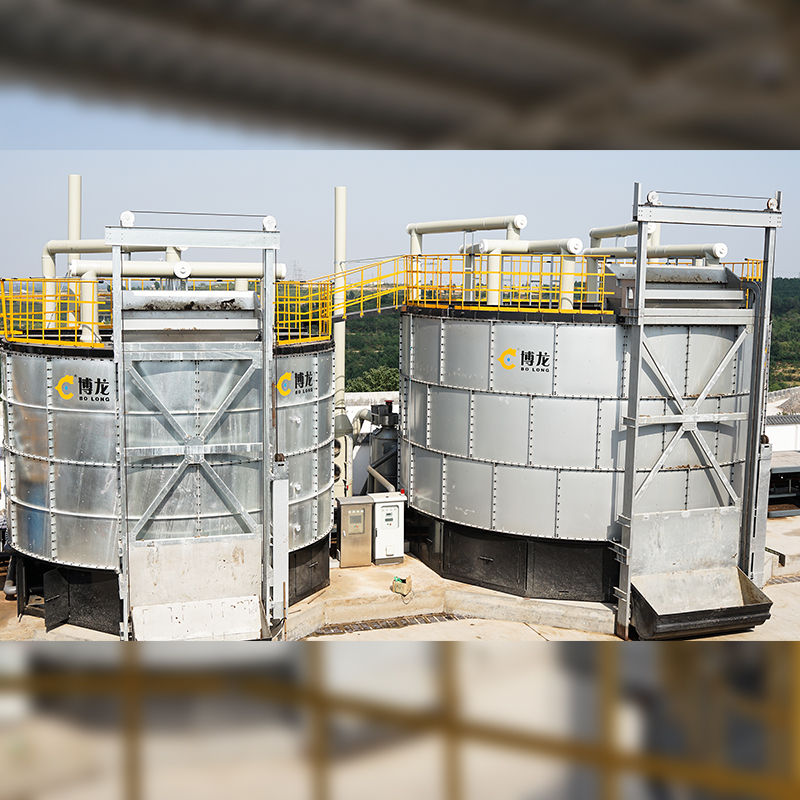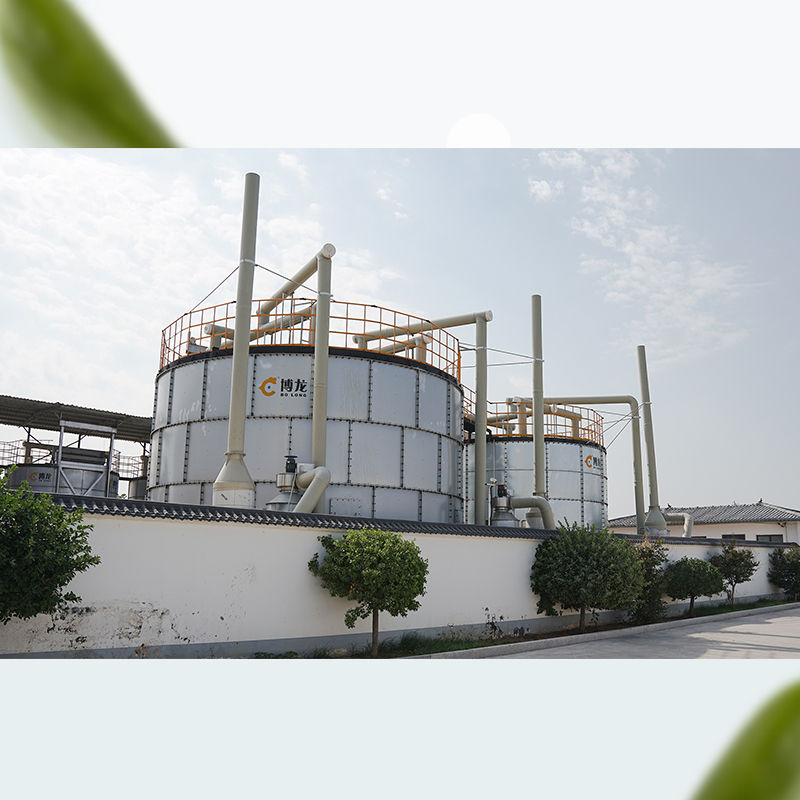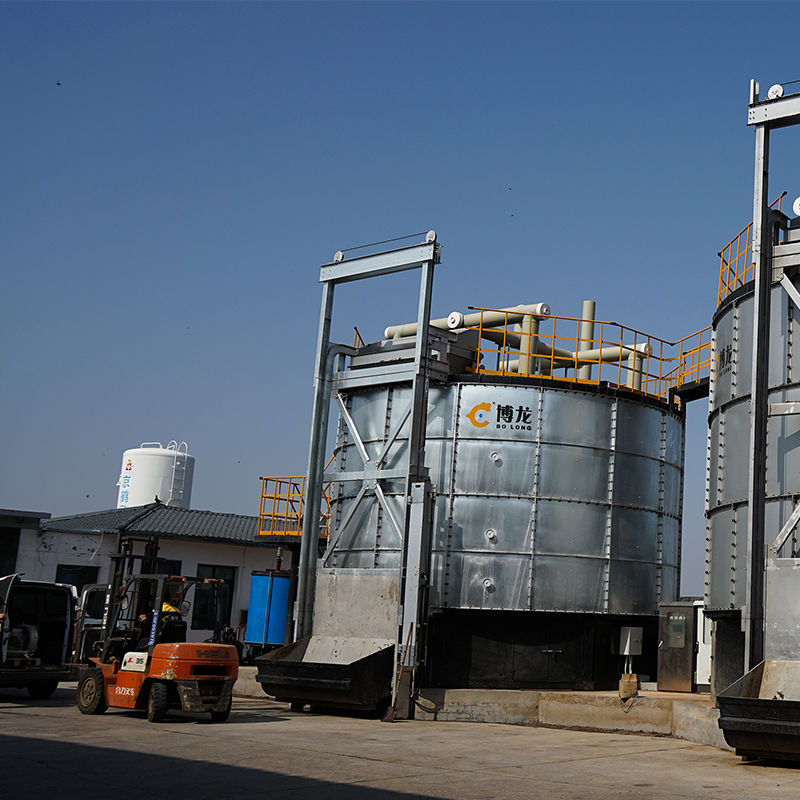Composting is the conversion of organic material to carbon dioxide, water, heat and a stable humus-like product through aerobic (oxygen-aided) processes. With mortality composting, there are key stages to complete this process. The primary stage (1st heat cycle) is for the breakdown of soft tissue and softening of bones.








